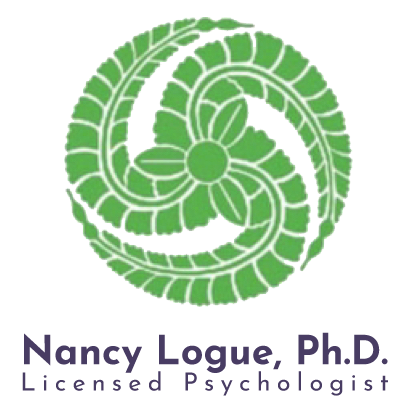Curiosity and Bad Habits
Presumably, curiosity killed the cat because it was snooping around where it didn’t belong. The cat’s natural curiosity led it into dangerous, and ultimately fatal, territory. But what if curiosity, instead of being a potentially deadly undertaking, was actually a life-giving and beneficial practice?
In the 4th most watched TED talk of 2016, A Simple Way to Break a Bad Habit, Dr. Judson Brewer, MD, PhD., an addiction psychiatrist, speaks to the benefits of bringing curiosity to a craving, addiction, or bad habit, in order to transform it and create a new, healthier response to stress. See a snip of news report about his work here:
Dr. Brewer developed Eat Right Now, a Mindful Eating program available as a multifaceted platform to help participants change unhealthy behaviors regarding food. Bringing gentle curiosity to the experience of eating, or eating mindfully, helps you figure out the “Why” “What” and “How” of your own eating patterns so you can change unhealthy habits.
According to Dr. Brewer, “Obesity and smoking are among the leading preventable causes of morbidity and mortality in the world.” Citing another study, he said “we are only aware of what we are doing about half of the time.” Paying attention, or being mindful, can very literally save your life.
Forcing or willing behavior to change is less effective than paying objective attention to it. Have you ever willed yourself to lose 20 pounds and months later, gained it all back? This is because the pre-frontal cortex, the part of the brain that is responsible for cognitive control, helps you remember that smoking or overeating, or eating certain things is bad for you. However, under stress, this is the first part of the brain to go off-line. Bye-bye willpower.
It’s natural, for us as humans to want to avoid, or turn away, from things that are unpleasant. When faced with disagreeable experiences, such as bad feeling or disturbing thoughts, it’s our tendency to just want to shut them down by whatever means available, generally, that’s where the habits come in; the strategies we learned to feel better, more secure, loved. Rather than suppressing these habits, being curious about your behavior is the key to changing it. Identifying triggers for the behavior and mindfully experiencing the results of the behavior develops an inner wisdom that is more lasting than willpower. Curiosity promotes managing stress in new ways and creating healthier habits.
Eat Right Now is the Mindful Eating program in a smartphone app developed by Dr. Brewer, the Eat Right Now program, consists of a smart phone app, online community and support, and offline groups to help you foster your own curious awareness. The app delivers 30+ short video modules that build your skills one moment at a time. Take 10 minutes each day to learn a new lesson, and put it into practice throughout the day in manageable, bite-sized pieces. Go to www.goeatrightnow.com to download a free 4 day trial of the program.
Judson Brewer MD PhD is the Director of Research at the Center for Mindfulness and associate professor in medicine and psychiatry at UMass Medical School. A psychiatrist and internationally known expert in mindfulness training for addictions, Brewer has developed and tested novel mindfulness programs for addictions, including both in-person and app- based treatments. He has published numerous peer-reviewed articles and book chapters, spoken at international conferences, presented to the US President’s Office of National Drug Control Policy, been featured at TED, TEDMED, TEDx, Time magazine (top 100 new health discoveries of 2013), Forbes, Businessweek, NPR and the BBC among others. He writes a blog for The Huffington Post.
Studies have shown that group-based support helps change habits. Led by Nancy Logue, Ph.D., a psychologist specializing in eating disorders and trained meditation teacher. The Mindful Eating Group meets Wednesdays, 6:00-7:15 in Yardley, PA. Each session provides hands on mindfulness practices, as well as expert and peer support as you go through the process of changing your relationship to eating. Class registration required.
Click here for more information and to register.


